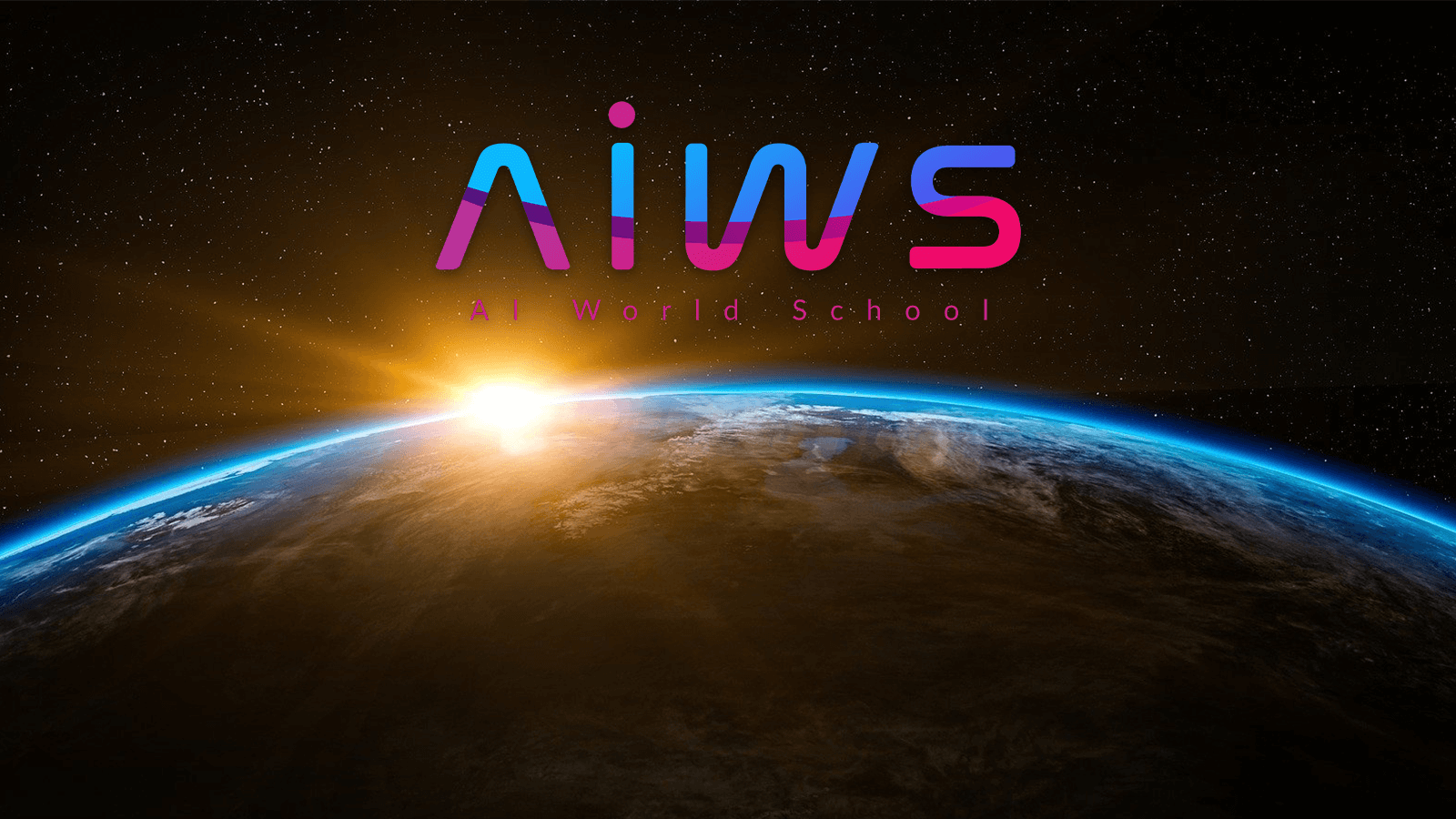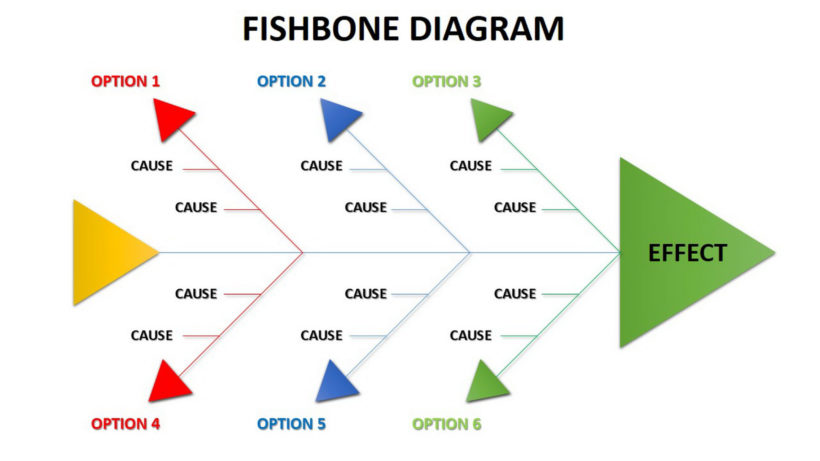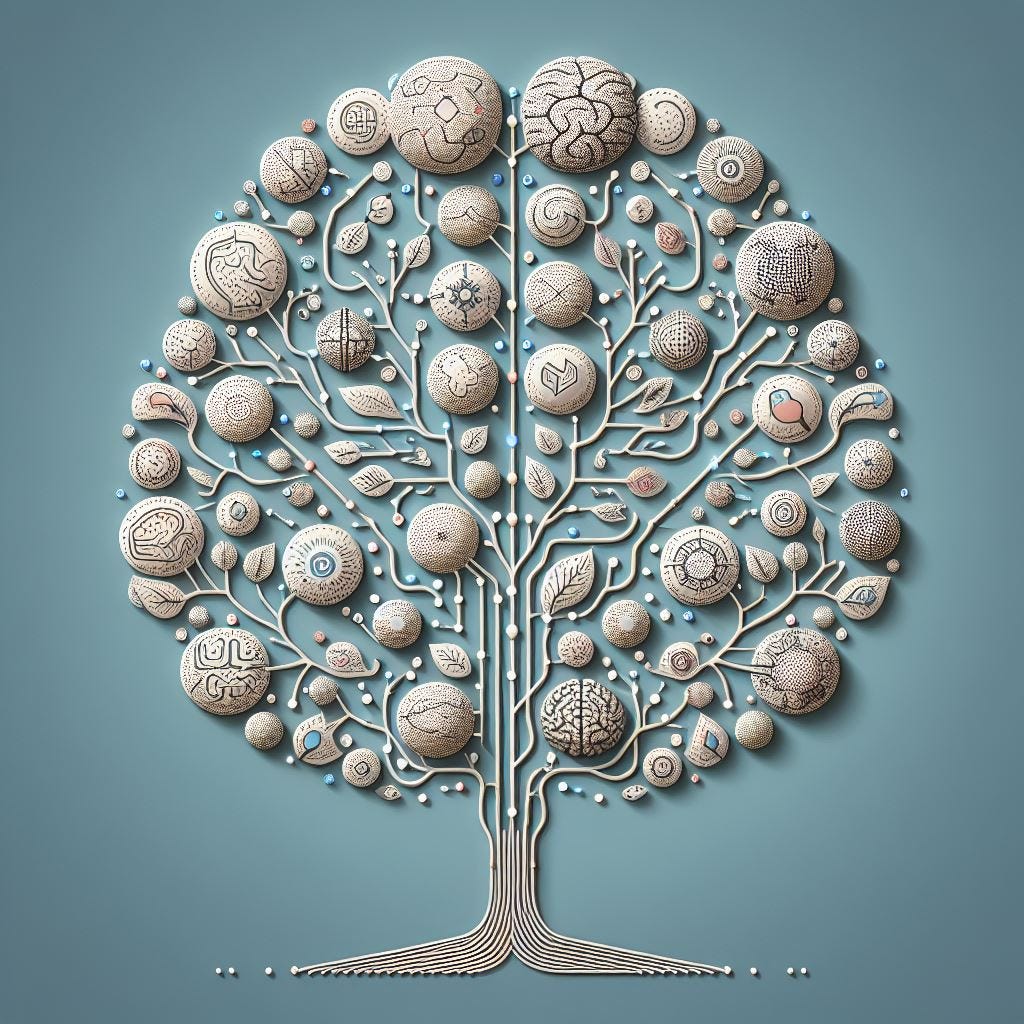In an period characterised by speedy technological developments, the mixing of synthetic intelligence (AI) and data-driven decision-making has grow to be ubiquitous. As AI applied sciences proceed to reshape industries and societies, it turns into essential to equip the youthful era with the required expertise to navigate this data-driven panorama. Information literacy, the power to grasp, analyze, and interpret knowledge, has emerged as a basic competency, and introducing it at an early age could be a transformative step in fostering analytical expertise amongst faculty children.
Information literacy for college students is the gateway to unlocking this world of data and making sense of it. It’s not nearly studying charts and graphs; it’s about deciphering patterns, asking questions, and drawing significant conclusions. Information literacy equips college students with the abilities to navigate the data-rich panorama, enabling them to critically consider sources, acknowledge biases, and kind well-informed opinions.
The Rise of Information Literacy within the Digital Age
With the explosion of digital info and the proliferation of sensible gadgets, the quantity of information being generated has grown exponentially. This knowledge serves as a useful useful resource for companies, governments, and people alike, enabling them to make knowledgeable selections. Nonetheless, making sense of this knowledge requires extra than simply entry; it calls for a stage of understanding and proficiency generally known as knowledge literacy.
Information literacy encompasses a number of expertise, together with the power to learn and interpret knowledge visualizations, critically assess the standard of information, draw insights, and make data-driven conclusions. It additionally includes an understanding of primary statistical ideas and the moral issues surrounding knowledge utilization. Within the present panorama, the place knowledge is hailed as the brand new oil, knowledge literacy is a key differentiator, enabling people to be lively individuals slightly than passive shoppers in a data-rich world.
The Position of AI in Information Literacy
Synthetic intelligence, with its capability to investigate huge datasets at unprecedented speeds, performs a pivotal position in enhancing knowledge literacy. AI-driven instruments can help in knowledge processing, sample recognition, and producing insights from complicated knowledge. Furthermore, AI-powered platforms typically present interactive and user-friendly interfaces that permit people to discover and work together with knowledge in intuitive methods.
Within the trendy age, the symbiotic relationship between AI and knowledge has revolutionized industries throughout the board. AI’s prowess lies in its skill to extract significant insights from large datasets, propelling innovation and knowledgeable decision-making. The success of AI hinges on the standard and amount of information it processes, underlining the importance of information because the gasoline powering the AI revolution. As AI continues to evolve, the synergy between AI and knowledge is reshaping the panorama of know-how, enterprise, and on a regular basis life.
For varsity children, integrating AI into their studying expertise not solely demystifies complicated knowledge evaluation but additionally makes it partaking and accessible. AI-driven academic instruments can present customized studying experiences, adapting to every scholar’s tempo and desires. This fosters a deeper understanding of information ideas and analytical processes, empowering children to suppose critically and resolve issues systematically.
Advantages of Introducing Information Literacy Early
Essential Pondering Abilities: Introducing knowledge literacy at a younger age encourages children to query info, consider sources, and kind reasoned conclusions. Analyzing knowledge requires them to suppose critically, enabling them to grow to be discerning shoppers of data in a digital world rife with misinformation.
Actual-World Relevance: Information literacy connects classroom studying to real-world functions. By working with datasets related to their pursuits or present occasions, college students grasp the sensible implications of information evaluation. This bridges the hole between theoretical information and sensible expertise.
Transdisciplinary Studying: Information literacy just isn’t confined to arithmetic or science courses alone. It permeates varied topics, together with social sciences and even arts. As an example, historical past college students can analyze historic tendencies, whereas artwork college students can use knowledge to grasp viewers preferences and tendencies.
Preparation for the Future: The job market is evolving, with data-driven roles changing into more and more distinguished. Equipping college students with knowledge literacy expertise early on supplies them with a aggressive benefit, no matter their future profession paths.
Moral Consciousness: Information literacy training can even embody discussions about knowledge privateness, safety, and moral issues. This empowers children to grow to be accountable digital residents, understanding the implications of information sharing and utilization.
Implementing Information Literacy in Colleges
Integrating knowledge literacy and AI training into faculty curricula requires a multifaceted strategy:
Instructor Coaching: Educators should obtain coaching to successfully train knowledge literacy ideas and AI integration. Skilled growth applications can equip academics with the abilities and confidence to navigate these evolving academic paradigms.
Interactive Studying Instruments: Instructional establishments ought to put money into AI-powered instruments that facilitate interactive studying experiences. These instruments can embody simulations, video games, and platforms that allow college students to work with actual datasets in a managed surroundings.
Cross-Disciplinary Collaboration: Information literacy just isn’t restricted to a single topic. Collaboration amongst academics from varied disciplines can result in progressive methods of incorporating knowledge evaluation into completely different facets of the curriculum.
Actual-World Tasks: Participating college students in real-world tasks that require knowledge evaluation fosters a hands-on studying expertise. Whether or not it’s analyzing native environmental knowledge or finding out social tendencies, such tasks make knowledge literacy tangible and thrilling.
Ethics and Duty: Discussions on knowledge ethics ought to be an integral a part of knowledge literacy training. College students ought to perceive the significance of utilizing knowledge responsibly and respecting privateness.
The Approach Ahead
As know-how continues to reshape society, knowledge literacy and AI competence have gotten important expertise, akin to studying and writing. By introducing these ideas early in a baby’s training, we empower them to be lively individuals in a data-driven world. The advantages are manifold: essential considering, problem-solving, interdisciplinary studying, and moral consciousness. The subsequent era is not going to solely devour knowledge however can even perceive, analyze, and contribute to shaping the world via data-driven insights.
Instructional establishments, policymakers, and oldsters should collaborate to make sure that faculty children are outfitted with the required analytical expertise. By embracing AI and knowledge literacy, we pave the way in which for a era that may harness the ability of information to make knowledgeable selections, drive innovation, and contribute meaningfully to a quickly evolving international panorama.









